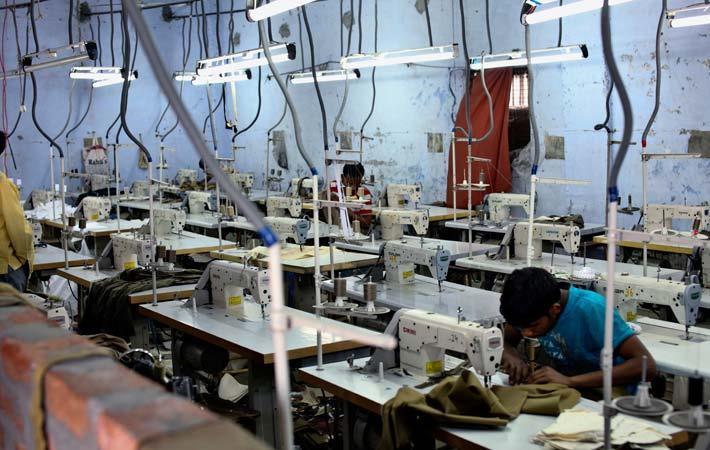On World MSME Day, which is celebrated on 27th June 2023, it is important to recognize the significant role that Micro, Small, and Medium Enterprises (MSMEs) play in the Indian economy. However, these enterprises face various challenges such as limited access to formal credit, difficulties in generating employment, lack of opportunities for direct selling to the government, issues with quality manufacturing, limited access to micro-credit, and a general lack of awareness.

To address these challenges, the government has introduced several initiatives to support new businesses. Here is a summary of these key measures along with the latest available data:
- Credit Guarantee Scheme for Micro and Small Enterprises (CGTMSE):
The CGTMSE has been a landmark initiative for over two decades, providing collateral-free loans with a guarantee cover of up to 75% for loans up to Rs 5 crores to first-generation entrepreneurs. In FY 2022-23, the scheme provided a guarantee cover of over Rs 1 lakh crore compared to Rs 56,172 crores in FY 2021-22.
- Government e-Marketplace (GeM):
GeM is a digital public procurement platform launched in August 2016 under the Ministry of Commerce and Industry. It encourages government ministries, departments, and central public sector enterprises to procure goods and services digitally. As of June 27, 2023, there are 8.25 lakh MSEs listed on the GeM platform, and the platform has processed orders worth over Rs 4.41 lakh crore since its inception.
- PM Employment Generation Program (PMEGP):
PMEGP, launched in 2008 and implemented by the Ministry of MSME, is a credit-linked guarantee scheme that provides credit up to Rs 50 lakh for manufacturing units and up to Rs 20 lakh for service units. The scheme has been extended over the 15th Finance Commission Cycle (2021-22 to 2025-26) with an outlay of Rs 13,554.42 crore.
- Zed (Zero Defect, Zero Effect) scheme:
Introduced in 2016, the Zed scheme aims to enhance the competitiveness of Indian MSMEs in the manufacturing sector by promoting ZED-based practices for producing high-quality products sustainably. As of June 27, 2023, there are over 7,327 Zed-certified MSMEs in India across different categories.
- Raising and Accelerating MSME Performance (RAMP) scheme:
The RAMP scheme, launched in 2022 with support from the World Bank, aims to strengthen governance, technological upgradation, and easier access to credit and finance for MSMEs. The scheme has a total outlay of Rs 6,062.45 crore, with Rs 3,750 crore provided by the World Bank and the remaining corpus funded by the central government.
- Udyam portal:
The Udyam platform, launched in July 2020 by the MSME Ministry, facilitates the registration of MSMEs with the government. It offers paperless and free-of-cost registration facilities and is linked to the Goods and Services Tax Network and Central Board of Direct Taxes data.
- Mudra Yojana:
The MUDRA scheme, launched in 2015, provides non-collateral loans up to Rs 10 lakh to small and micro enterprises. The loans can be used for starting new businesses or expanding existing ones. In FY 2022-23, loans worth Rs 4,56,537.98 crore were sanctioned, and in FY 2023-24 (up to the present), loans worth Rs 75,392 crore have been sanctioned.
- Emergency Credit Line Guarantee Scheme (ECLGS):
The Emergency Credit Line Guarantee Scheme (ECLGS) was introduced during the Covid crisis as part of a relief package. It aimed to provide support to MSMEs facing financial difficulties due to delayed payments and lockdowns. Under the scheme, banks and NBFCs were provided with a 100% guarantee coverage to encourage lending to these enterprises. The ECLGS allowed businesses to obtain an additional loan of up to 20% of their existing outstanding loans with banks. The scheme was closed on March 31, 2023. As of January 31, 2023, 1.19 crore borrowers have benefited from guarantees totaling Rs 3.61 lakh crore, according to the finance ministry’s statement.
